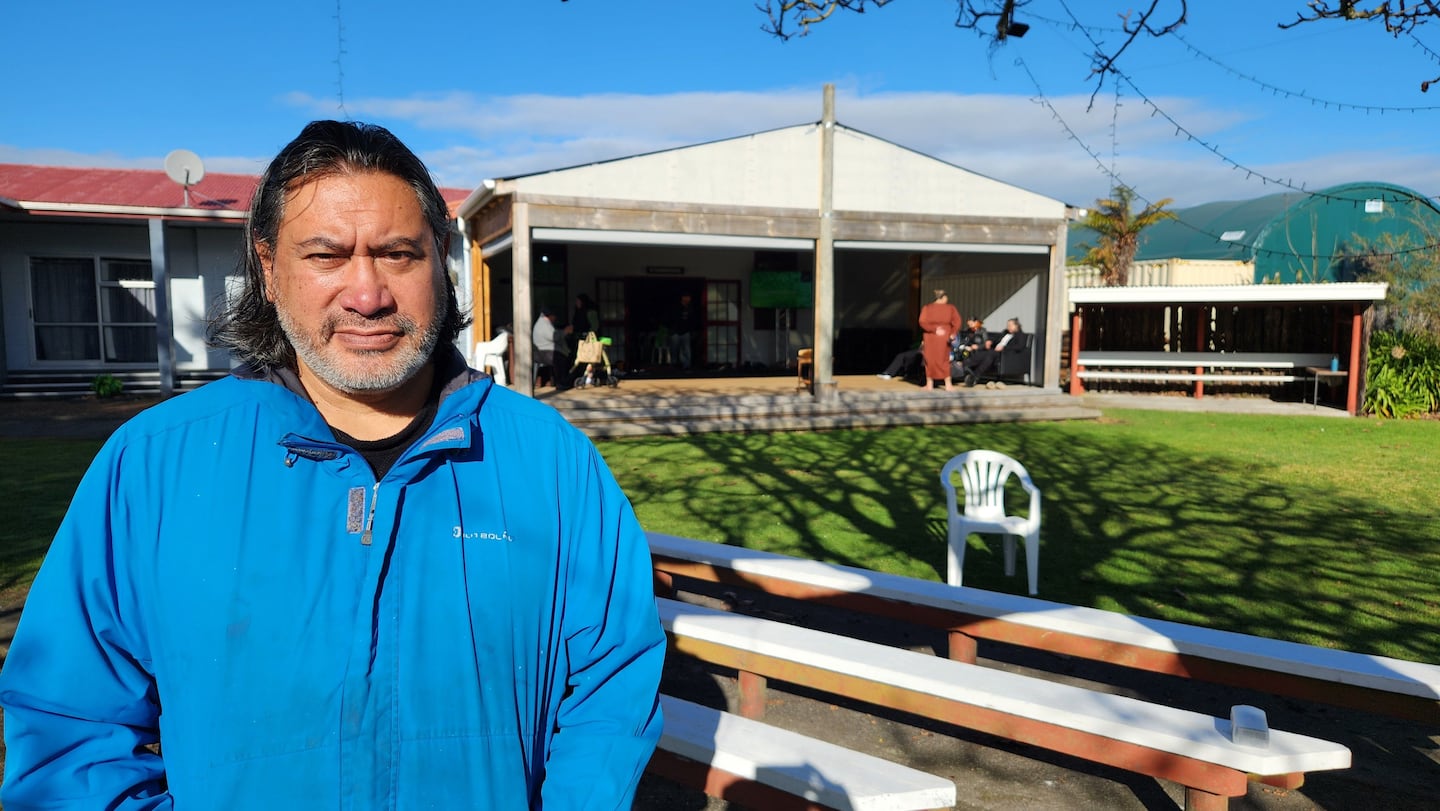Whanganui’s first Māori ward councillors, Geoff Hipango and Julie Herewini, say their election marks both a milestone for local democracy and a call to strengthen Māori participation in local government.
The pair were elected from a field of five candidates to represent Whanganui’s new Māori ward. It is the first time Māori in the district have had a dedicated seat at the council table.
Preliminary referendum results show the Māori ward looks set to be retained, with a slim majority of around 600 votes to keep it.
Herewini said the support she received reflected a shared desire for Māori voices to be heard in decision-making.
“Our community is ready for Māori representation that is visible, active and grounded in our values.
“This is about a wider movement towards shared leadership and collective wellbeing.”
Herewini said it was “incredibly humbling” to have the backing of the people to represent their interests on council.
“With this tūranga comes a deep responsibility to remain accountable to our people – to provide a strong Māori voice around the council table, and to raise the visibility of local government so that our whānau, hapū, iwi and communities are well informed about the decisions that affect their daily lives.”
She described her campaign as “a huge learning curve” but said the response was overwhelmingly positive.
The preliminary referendum result was a powerful signal of progress, she said.
“I wasn’t surprised that it was close, but I was pleasantly surprised, and heartened, that we managed to get over the line. It shows just how far our community has come, even within my lifetime.
“We still have a way to go, but this is a huge win for progress and for the future of Māori representation in Whanganui.”
She said that, collectively, the five Māori ward candidates did an incredible job raising awareness of the Māori ward referendum.
“Despite the adversity we faced, I believe that effort is reflected in the referendum results, which see us keeping Māori wards here in Whanganui, when many of our neighbours will not.”
Herewini said her priorities for the first term included infrastructure renewal and fiscal balance, but most importantly, ensuring that Te Awa Tupua – the legal recognition of the Whanganui River as an indivisible living whole – is central to council thinking.

“The key focus for me will be ensuring Te Awa Tupua is woven naturally into all decision-making frameworks, so that the wellbeing of the awa and its people remains at the forefront of everything we do.”
She hoped the two Māori ward representatives would help embed a te ao Māori worldview in council work.
“Council [needs] to put the work in to start to understand their obligations within the relevant settlement legislation that governs decision-making within our rohe.”
Herewini said Māori voter turnout, at 40.6 percent, was a solid first showing for a new ward.
“From conversations with our people, I know that many who voted in this election had never taken part in local elections before. That’s something to celebrate – and it gives us a strong baseline to build on for the future.”
For Hipango, the election result was both humbling and affirming.
“It is an honour to represent Whanganui on council through the pathway of the Māori ward,” he said.
“I did rely on my community outreach work through Te Ao Hou Marae over the last nine years and that has allowed connection and relationship to community. My involvement within iwi networks has definitely helped.”
Hipango’s campaign was low-key – without billboards – but received strong backing across the community.
“I received a lot of support from not just Māori but also non-Māori. I stood next to Māori ward candidates I have known for 20 years plus, and we supported each other.”
Hipango said his immediate focus would be on learning council processes and contribute to issues of concern.
“I do want to bring greater visibility to Māori and tribal initiatives,” he said.
“The kawanatanga role of [the council] is providing good social outcomes, equitable policy making, economic growth [with] good environmental practice built into this – all of which are measurable.”
Hipango said he was particularly focused on supporting affordable and accessible housing and infrastructure priorities, including “big-ticket issues” like replacing the Dublin Street bridge.
He said both he and Herewini were aware of the scrutiny that comes with the role.
“Julie and I know we will be under public scrutiny – that is not new to us. I’m sure we both want to provide stability to the decision-making table,” he said.
“The people have placed faith in Māori wards and the referendum, and we are obligated to make that work.”
He said the level of support for Māori representation in Whanganui, compared to opposition in neighbouring districts, was a sign of the community maturing.
“It informs me that Whanganui sees value in a collective approach to development.”
LDR is local body journalism co-funded by RNZ and NZ On Air




